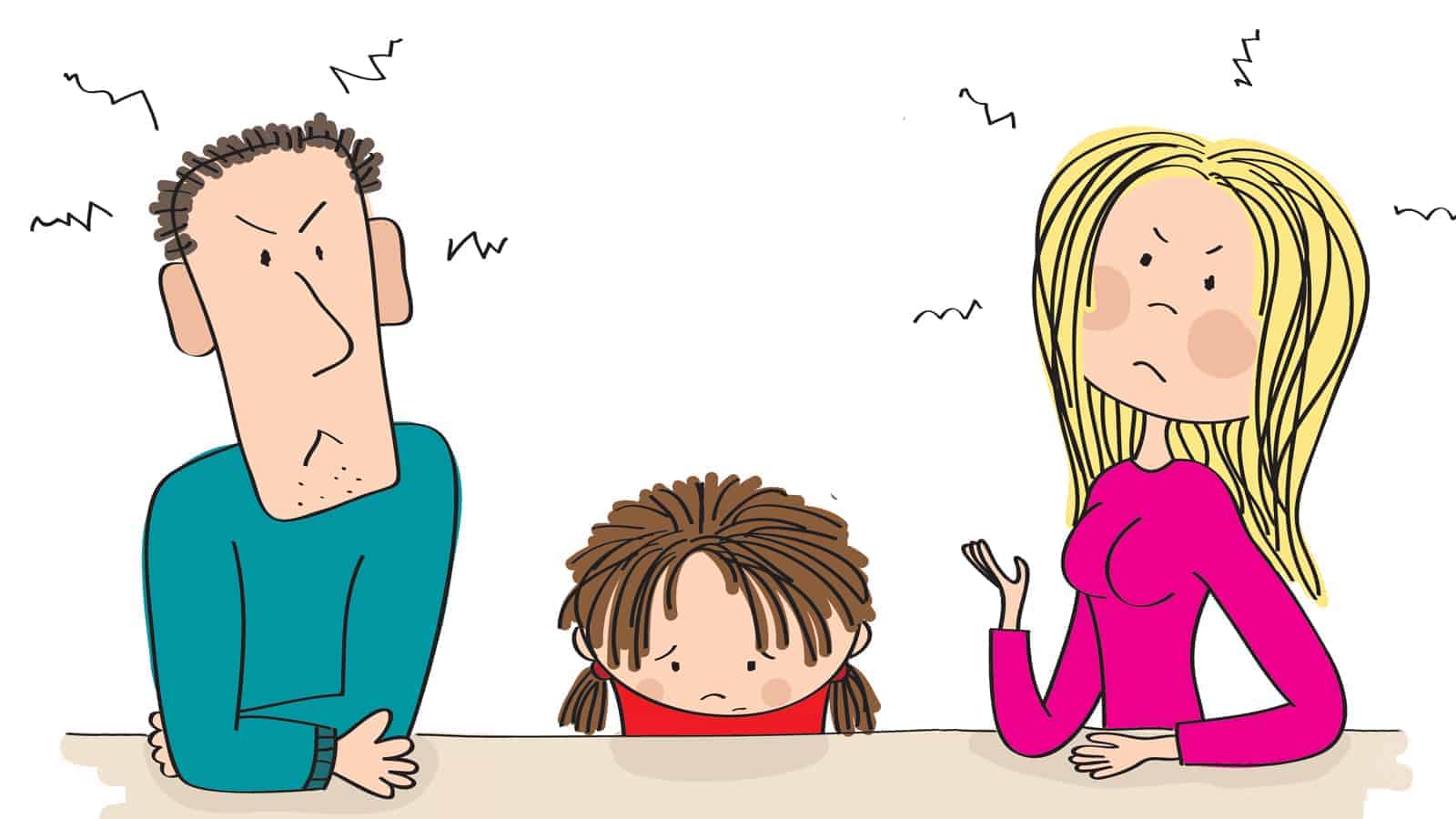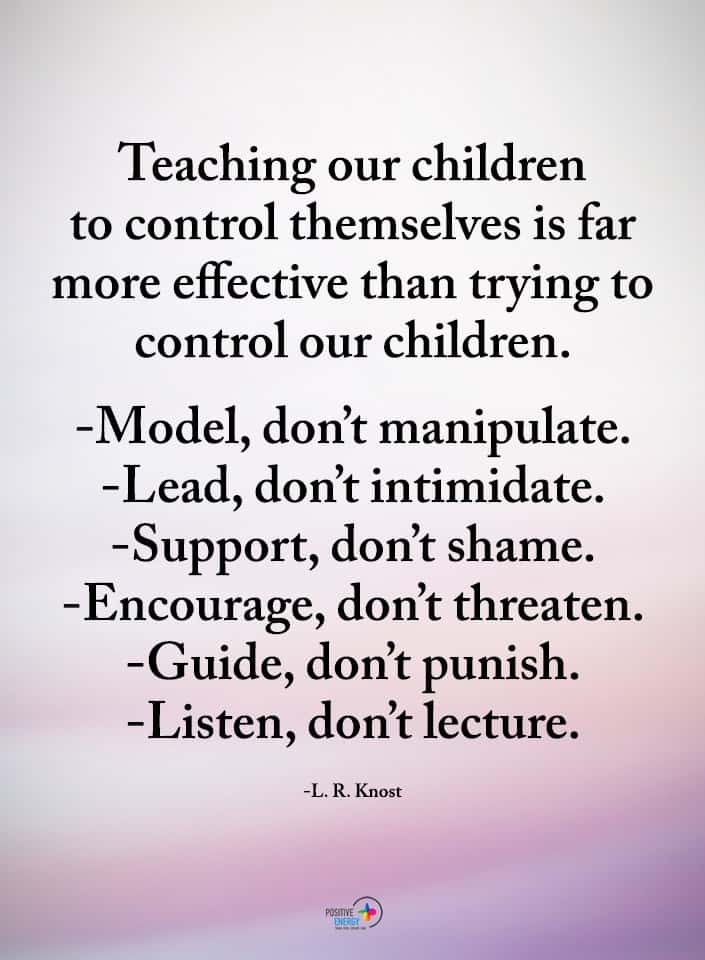While Narcissistic Personality Disorder (NPD) only affects around 5% of the general population, most people show narcissistic traits throughout their lifetime. However, just because someone exhibits disorder characteristics doesn’t mean they have severe enough symptoms to warrant a diagnosis.
NPD is an actual mental illness that causes an over-inflated sense of self-importance and can disrupt every aspect of a person’s life. It requires ongoing treatment, usually through long-term therapy and medications.
What are the common symptoms of NPD?
According to the American Psychiatric Association, the DSM-5 diagnostic criteria for NPD includes the following behaviors:
- having an inflated sense of self-importance and entitlement
- needing constant admiration and praise
- expecting special treatment due to perceived superiority
- exaggerating achievements and talents
- reacting negatively to criticism
- being preoccupied with fantasies about power, success, and beauty
- taking advantage of others
- having an inability or unwillingness to recognize the needs and feelings of other people
- behaving in an arrogant manner
These harmful family dynamics can cause mental illness in children that sometimes remain hidden until adulthood. Below, we’ll go over how narcissistic parents influence their children in ways they sometimes don’t even realize.
Here’s how narcissistic parenting can impact children in ways parents may not understand:
-
May cause NPD in children
While having NPD yourself doesn’t necessarily guarantee your children will develop the disorder, it does increase their chances. However, as we said above, not everyone who displays characteristics of narcissism has a full-blown disease. Parents with some of the traits may influence their children to mimic them, and they may have NPD themselves. Not surprisingly, parents who tend to “overvalue” their children may cause them to develop narcissistic traits.
A study from researchers at Ohio State University and the University of Amsterdam in Holland found that praising children too often resulted in higher scores of narcissism. For example, parents telling children they’re “more special than other kids” may give them an inflated sense of self-worth. Children should have good confidence, but too much will lead to arrogance.
-
Could lead to low self-esteem
Narcissistic parenting can also cause children to lean toward the opposite end of the spectrum and have low self-worth. Narcissists love to make everything about themselves, and children may grow up feeling that they have to tiptoe around their parents to please them. They may not feel comfortable sharing their needs with parents who are preoccupied with their self-image and desires. Therefore, the child grows up feeling neglected and without a voice.
-
Narcissistic parenting can make it hard for children to connect with others.
Parents who are narcissists can make children withdraw from social connections and events. They may have difficulty reaching out to others because they haven’t had examples of healthy relationships in their life. Children need a safe, welcoming environment to develop social skills and maintain bonds with people. Children raised by narcissists may grow up feeling like they have to protect themselves from others, viewing them as a threat.
-
May lead to feelings of isolation or rejection.
Narcissistic parenting can cause children to feel rejected by their peers. They may not feel good enough compared to other children their age because of early experiences of neglect at home. Children may feel emotionally deprived and not seem interested in getting to know other kids in their class.
-
They may feel inferior.
Narcissists have an overinflated sense of self-worth, so a child raised by parents who display symptoms of NPD will feel invisible in comparison. If parents make everything about themselves and don’t nurture their children, they will grow up feeling as though they have to work twice as hard to impress people.
They may become perfectionists and people-pleasers to fit in or gain the approval of different social groups. This feeling may carry into adulthood, as well.
-
Children who’ve been affected by narcissistic parenting could have a fear of abandonment.
Children who have been neglected emotionally from a young age may develop an intense fear of abandonment. This stems from not getting the attention or affection they needed as a child, and they may become codependent in relationships as a result. Because the child was raised to believe they don’t matter, they will latch onto others they perceive as wounded to feel self-worth.
-
May suffer in jobs and at school.
Being raised by narcissists may cause children to underachieve in the work or school environment. Their parents may have either overly criticized or given them too much praise, causing the child to underperform. If they have no self-esteem, they will feel they don’t have the skills to complete tasks; however, if parents have overvalued them, they may feel they don’t have to do much to receive praise.
-
Children may have trouble speaking up.
Narcissistic parenting can result in children not knowing when to speak up for themselves. They may become doormats for others because of low self-worth and poor boundaries. They may do whatever it takes to fit in, and possibly end up hanging with the wrong crowd just to have friends. Children raised by narcissists may not feel they can defend themselves because they don’t want to cause any drama or tension.
-
Being raised by narcissists could increase the risk of developing a mental illness.
Studies show that children raised by narcissists have a higher risk of developing some type of mental illness, though not necessarily narcissistic. Because narcissistic parenting may cause children to live in a constant state of anxiety due to unstable relationships, this can result in long-term psychological damage. Children may experience the following types of mental illness:
- Anxiety
- Depression
- OCD
- CPTSD or PTSD
- Personality disorders such as NPD or BPD
- Bipolar disorder
-
They may not feel worthy of love or respect.
Being raised by a narcissist may cause children to seek relationships that mimic their childhood. In other words, they may choose someone familiar to them and repeat the unhealthy patterns laid out by their parents. Because they weren’t shown unconditional love, children of narcissists may choose relationships with someone emotionally unavailable or overly critical because they feel “safe.”
-
Narcissistic parenting can cause children to have poor boundaries.
These children often fail to learn how to set boundaries. Their parents condition them to bend over backward to please their parents, so they’re likely to repeat this behavior in other relationships. They may put others’ needs above their own to feel a sense of self-worth.
-
May increase risk of substance abuse in children
Studies have shown that when parents have a mental illness, children have an increased risk of developing substance use disorders later in life. Children may not have healthy coping mechanisms for their emotions, so they look to substances such as drugs and alcohol to ease their suffering. Narcissistic parenting may make children feel they have no healthy outlet for their feelings, and this makes children vulnerable to getting involved in dangerous lifestyle habits.
-
Could lead to problems with relationships
Because children raised by narcissists feel they have to walk on eggshells around their parents, they may carry this behavior into their adult relationships. They may have problems getting close to people and feel they can’t trust others. Children with narcissistic parents may view others as threatening. Thus, they seek to protect themselves from further harm by opting out of friendships or relationships.
-
Children of narcissists may feel they need constant attention.
Some children may withdraw from others, while others show the opposite behavior, looking for constant validation and attention. Narcissists make themselves the center of attention, so children may respond by copying this behavior to feel seen and heard. These kids act out simply a survival skill in the chaos of their home environment. Therefore, they see nothing wrong with their behavior.
-
Increases impulsiveness and anger or hostility
Children of narcissists may have trouble regulating their emotions, so they may engage in dangerous behaviors or become aggressive. They have difficulty listening to others’ needs or emotions and may quickly become angry. These children come from a chaotic environment. Thus, they may seek very stimulating activities such as reckless driving, gambling, drug use, heavy drinking, or compulsive shopping.
Final thoughts on how narcissistic parenting affects children
This childhood trauma can impact children well into adulthood. Indeed, sometimes these children grow up to require years of therapy or medication. Narcissism can cause severe trauma for family members and result in long-lasting psychological damage. While the parents may not recognize their harmful behavior, it’s still their responsibility to create a loving, safe environment for their children. If you’ve been the victim of narcissistic abuse, please consider seeking help from a licensed therapist or counselor.
















 Community
Community

